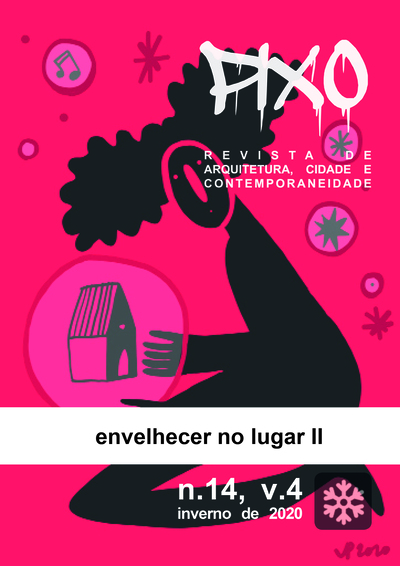AGEING IN AN UNEQUAL WORLD CO+LIVING DESIGN
Participatory design simulation gamification for life-enhancing built environments in age-appropriate, inclusive and multi-generational co-livingbuildingswithoutlimitations
Resumo
This article reports on conducted research on co-design for multi-generational co-living architecture and development proposals for urban living as solution to deal with ageingpopulations that are spatially disconnected like in the Metropolitan Region Perth/Western Australia. A gamified scenario simulation, the ‘Co-living2 game’, has been invented to explore uses of spatial activity, ambiance and features of individuals anticipating to live together in a specific urban setting. The aim was to enable potential inhabitants to explore and to adjust their needs and desires within a potential future built environment, using their contemplated daily activity patterns and qualitative considerations of common areas, which transfer easily into the design process of a masterplan for Cohousing3 settlements. The results of the simulation survey includes the evaluation of programming priorities and concepts for the further urban and architectural development of Co-housing communities that enable age-appropriate, inclusive, multi-generational co-living buildings without limitations.
Downloads
A revista se reserva o direito de efetuar nos originais alterações de ordem normativa, ortográfica e gramatical, com vistas a manter o padrão culto da língua, respeitando, porém, o estilo dos autores. As provas finais não serão enviadas aos autores. O Conselho Editorial não se responsabiliza por opiniões emitidas pelos autores dos trabalhos publicados. Os trabalhos aceitos para publicação passam a ser de propriedade da Revista PIXO, não podendo, o autor, reclamar, em qualquer época ou sob qualquer pretexto, remuneração ou indenização pela publicação. A reimpressão, total ou parcial, dos trabalhos publicados é sujeita à autorização expressa dos Editores. Obs. Cabe(m) ao(s) autor(es) as devidas autorizações de uso de imagens com direito autoral protegido (Lei nº 9610, de 19 de fevereiro de 1998), que se realizará com o aceite no ato do preenchimento da ficha de inscrição via web.


.png)
